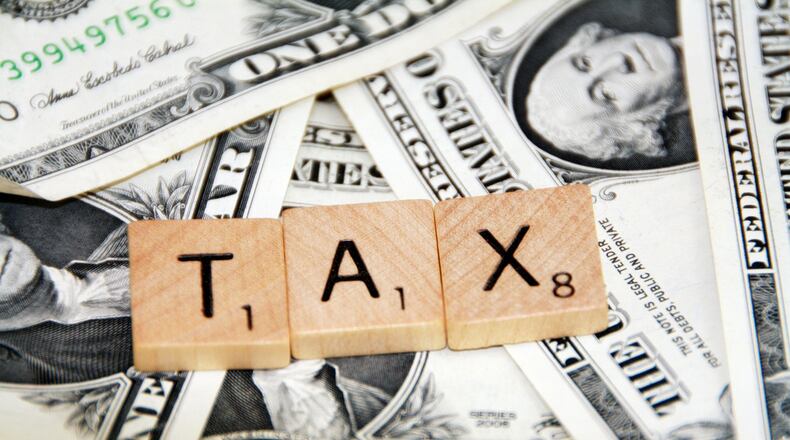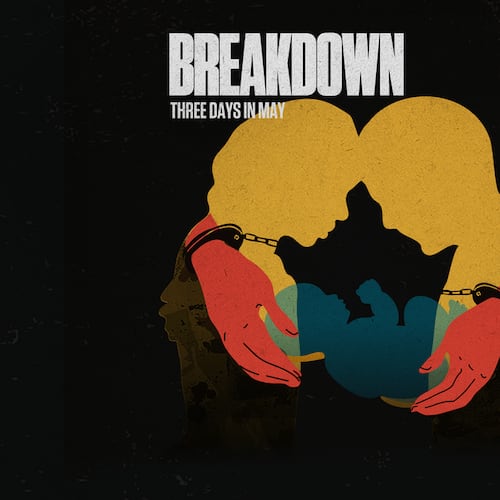It’s that time of year again. Cobb County is preparing to set property tax rates. Here’s everything you need to know about your tax bill.
What’s happening with my taxes?
On Tuesday, July 25, the Cobb Board of Commissioners will vote on a millage rate for 2017. The millage rate refers to how much tax a property owner pays on each $1,000 of assessed home value (milli is Latin for thousand). Cobb County taxes 40 percent of the fair market value of your home.
The county uses this money to pay for things like police, firefighters, roads, parks, zoning staff, libraries and, sometimes, sports stadiums.
Why are Cobb commissioners voting on the 2017 tax rate in July. Isn’t 2017 almost over?
Yes, it is. The county budget is usually set in September, but taxes are due over a year later, the following October. Between the budget’s adoption and the tax deadline, the county sends out property value assessments (May), adopts a millage rate (July) and sends out tax bills (August).
Will my taxes go up?
Probably.
Property values have been rising in many parts of Cobb, so even if the millage rate stayed the same, you may still end up paying more. Your tax bill is affected by two things: Millage rate and assessed value.
Cobb Commission Chairman Mike Boyce is pushing a millage rate increase from 9.85 to 9.98 mills to raise more money to buy park land. It amounts to a $12 increase on a home valued at $275,000. But your increase could be higher if your property value rose.
County government taxes are only a portion of your tax bill. The largest chunk of it generally goes to schools. The Cobb County School Board renewed the school tax millage rate last week at 18.9 mills. It has not changed in ten years.
Again, if your home value has increased, then you will end up paying more than last year.
If you live Acworth, Austell, Marietta, Smyrna, Powder Springs or Kennesaw, you will also receive a municipal tax bill.
Who decides how much I owe in taxes?
Several groups work together to set and collect taxes.
County employees at the tax assessor’s office determine how much your home is worth. Forty percent of that is your assessed value, or what you’re taxed on.
The board of commissioners, an elected body, adopts the county budget and the tax rate to support it. Specifically, the board sets the rates for the General Fund, Fire Fund and Debt Service.
Cobb residents also elect the tax commissioner, who is responsible for sending out bills and collecting taxes.
The tax assessor’s office is separate from the board of commissioners and the tax commissioner in order to shield it from political influence. You wouldn’t want an elected official exerting influence on property assessments of, say, campaign donors.
How do I read my tax bill?
In August, the county tax commissioner sends out your tax bill based on the adopted millage rate. Depending on where you live, you may also receive a tax bill from your town or city.
Your tax bill should look something like this:
Your tax bill is different from your tax assessment, which you should have received in May.
What’s a rollback rate?
Cobb is not planning on using the rollback rate to calculate property taxes.
The rollback rate is the rate that county would have to apply in order to raise the same amount of money as the previous year, assuming the tax base grew. In 2017, the rollback rate would have been 6.252. Anything above that is advertised as a tax increase.
MYAJC.COM: REAL JOURNALISM. REAL LOCAL IMPACT.
The AJC's Meris Lutz keeps you updated on the latest happenings in Cobb County government and politics. You'll find more on myAJC.com, including these stories:
Never miss a minute of what's happening in Cobb politics. Subscribe to myAJC.com.
In other Cobb news:
About the Author
Keep Reading
The Latest
Featured




